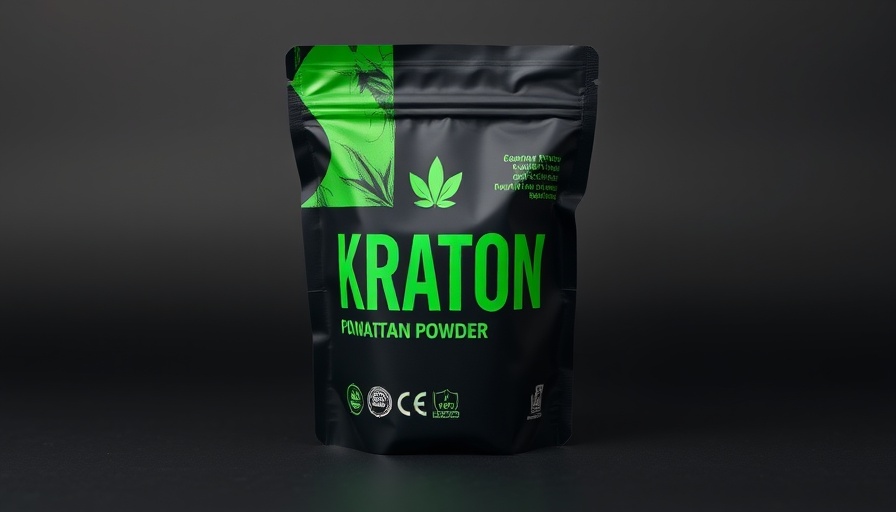
Florida’s Crackdown on Dangerous Substances
In an urgent response to rising concerns, Florida state inspectors have initiated an aggressive hunt for a highly addictive chemical known as 7-hydroxymitragynine, or 7-OH, found in kratom products. This investigation comes after Attorney General James Uthmeier banned the sale of 7-OH throughout the state. Inspectors equipped with packing tape and cardboard boxes are sweeping through smoke shops, convenience stores, and gas stations, aiming to eliminate this potent substance that has been compared to opioids in its addictive properties.
In Inspectors in Florida are cracking down on banned chemical 7-OH, we delve into the urgent measures taken by state authorities to protect public health from this highly addictive substance.
The Risk to Young Adults
It’s concerning to note that these kratom products, which include gummies, capsules, and drinks, are marketed towards teens and young adults. Doctors warn that 7-OH attacks similar areas in the brain as morphine, raising alarms about its accessibility. With the potential for addiction lurking just on the shelves, it's crucial for consumers to understand the risks associated with these widely available goods.
Implementation of Emergency Orders
Following the emergency order's implementation, inspections ramped up swiftly. Inspectors found 7-OH in at least 39 stores across Florida, halting over 600 sales during the initial enforcement phase. The measure reflects a broader initiative to safeguard public health, especially among vulnerable populations. The reported compliance from most major establishments has been promising; however, minor retailers still pose a challenge.
Community Responsibility and Awareness
As watchdogs remain vigilant, it is also essential for community members to be involved. Awareness campaigns could play a pivotal role in educating the public about the dangers of substances like 7-OH, leading to informed choices. Furthermore, the collaboration between government bodies and local businesses is vital, ensuring that safe practices are upheld and that our communities remain protected from the hazards of these illicit substances.
 Add Row
Add Row  Add
Add 



Write A Comment